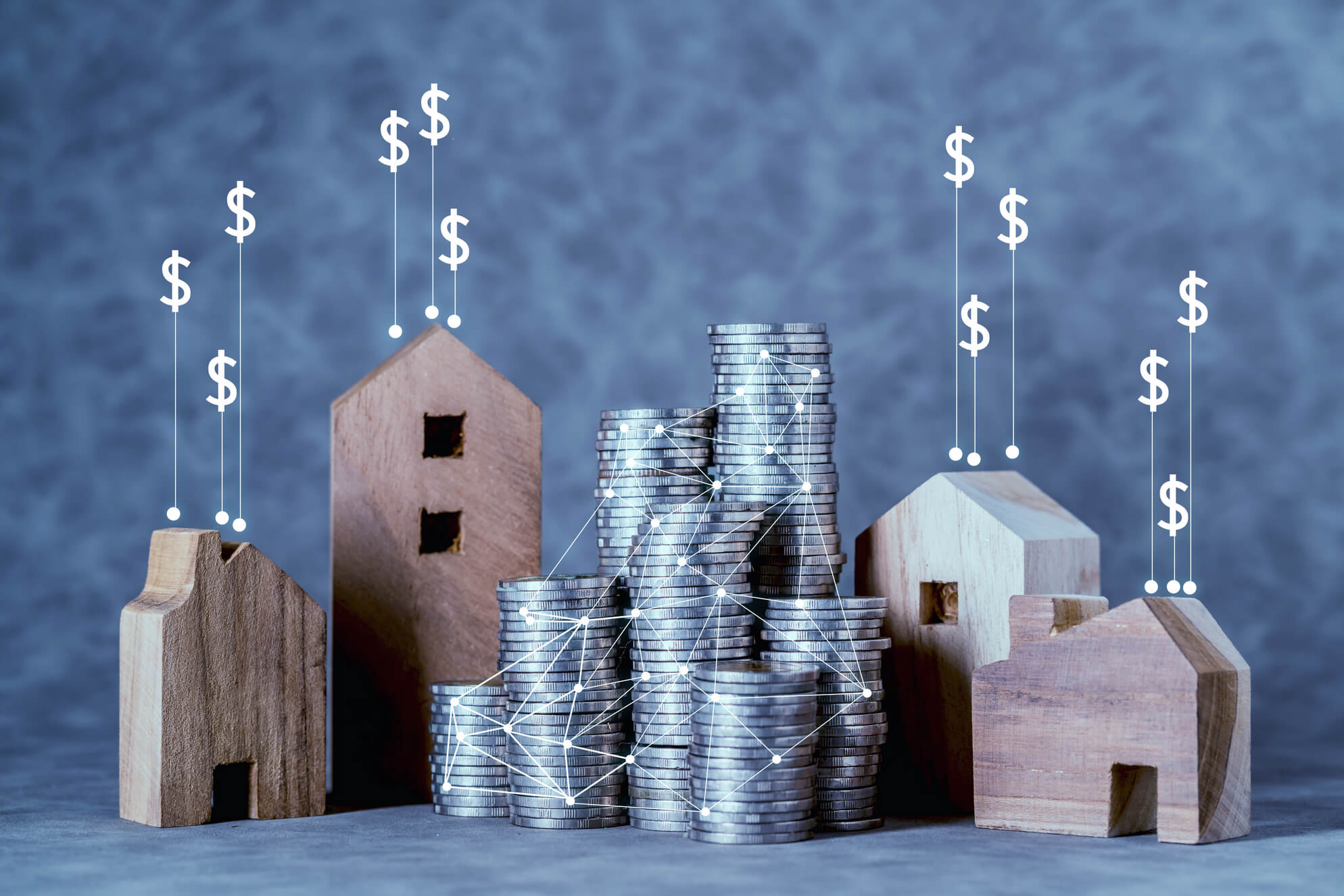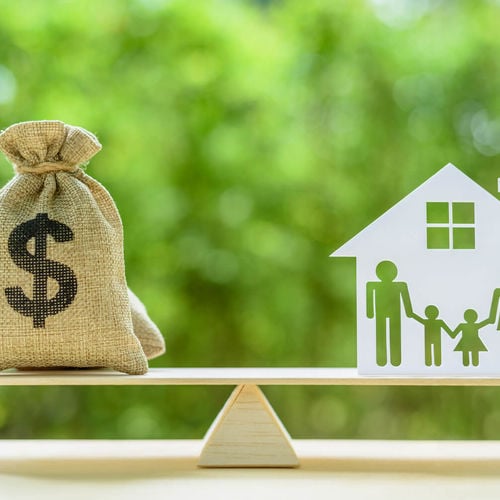Deciding on a down payment is one of the most difficult but important aspects of buying a home.
There are benefits and drawbacks to both small and large down payments, and opinions on which is better can vary dramatically. Before you apply for a mortgage, you should have an idea of what you want to offer for a down payment.
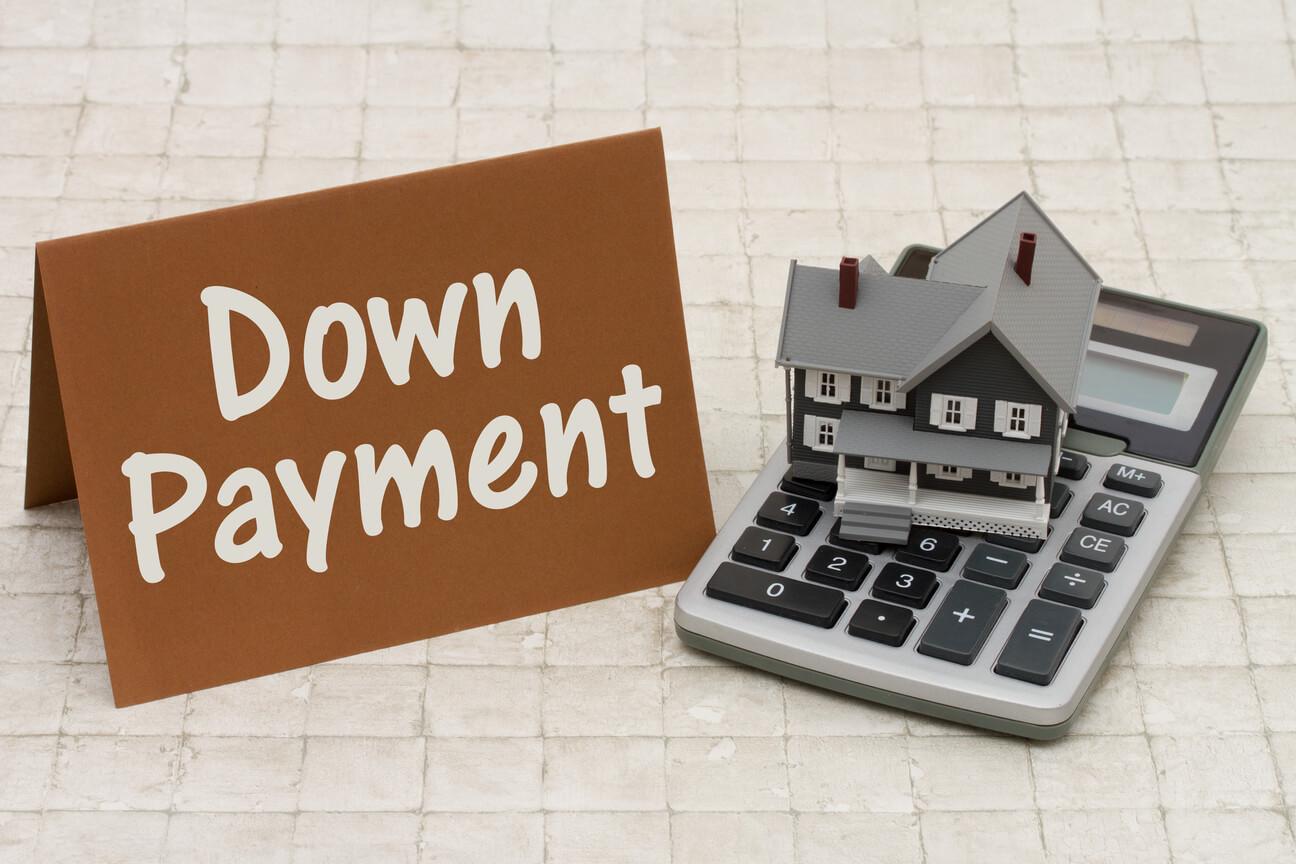
What Is the Recommended Down Payment?
The traditional recommended down payment is 20 percent of the price of the home. This is usually what buyers need to pay in order to avoid paying for private mortgage insurance.
However, smaller down payments are becoming increasingly common. Conventional mortgages today allow a minimum down payment of just 3 percent.
In 2019, the median down payment was 6 percent for first-time homeowners. The average down payment varies widely by location, though. In areas with high home prices, buyers may need to make a large down payment because the cost of the home can exceed mortgage limits. In most areas of the country, though, buyers can be approved with a down payment of less than 20 percent.
Saving for a down payment is the biggest challenge when it comes to purchasing a home. Many prospective home buyers delay their purchase for years to save for the down payment even though they’re otherwise ready to become homeowners.
It can be difficult to decide whether or not to make a large down payment when you could be approved for a smaller one. If you’re hoping to buy a home in the near future, you should consider the pros and cons of putting down 20 percent.
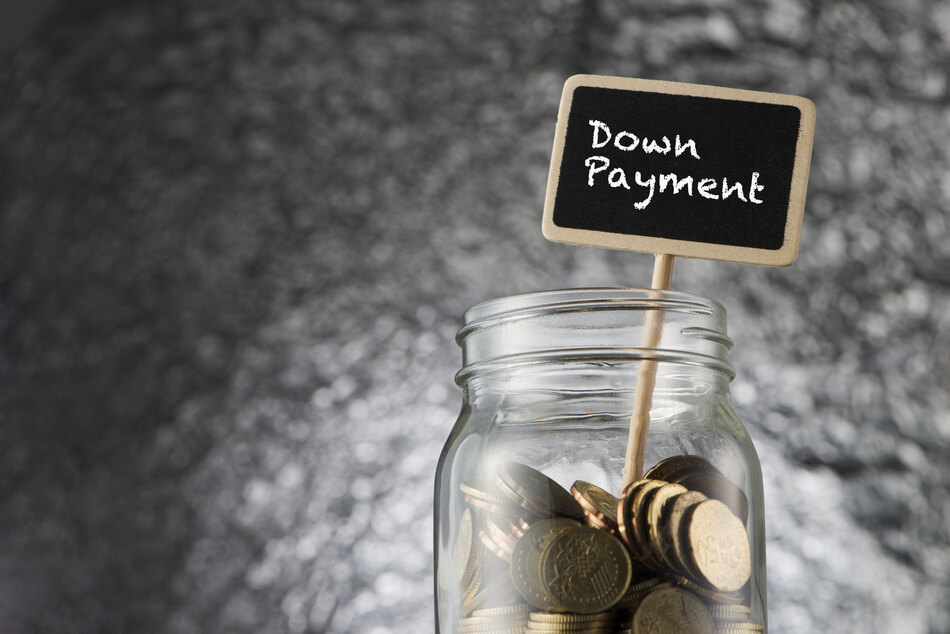
Pros of Making a Large Down Payment
A big down payment results in a smaller mortgage balance, which is an excellent way to set yourself up for financial success as a homeowner. As the market fluctuates, there’s always a risk of your house declining in value.
Putting down a large payment on your home provides a cushion so that you’ll still have equity even if its market value declines.
A smaller mortgage balance means a smaller monthly payment, too. Saving up for a large down payment requires short-term sacrifices, but you’ll benefit from the lower monthly payments for the duration of your mortgage.
Lenders usually offer better interest rates to buyers who put down a larger payment. The less risk involved for the lender, the lower your interest rate will be. This can decrease your monthly payments even further and save you thousands or even tens of thousands of dollars over time.
Saving for a down payment is also a valuable opportunity to practice budgeting. As a homeowner, you need to have good financial habits to avoid defaulting on your mortgage or missing other important payments.
Your first experience with saving and budgeting should come before you buy a house. As you find a way to cut your expenses and save for your down payment, you’re instilling positive habits that will continue to benefit you once you’re a homeowner.
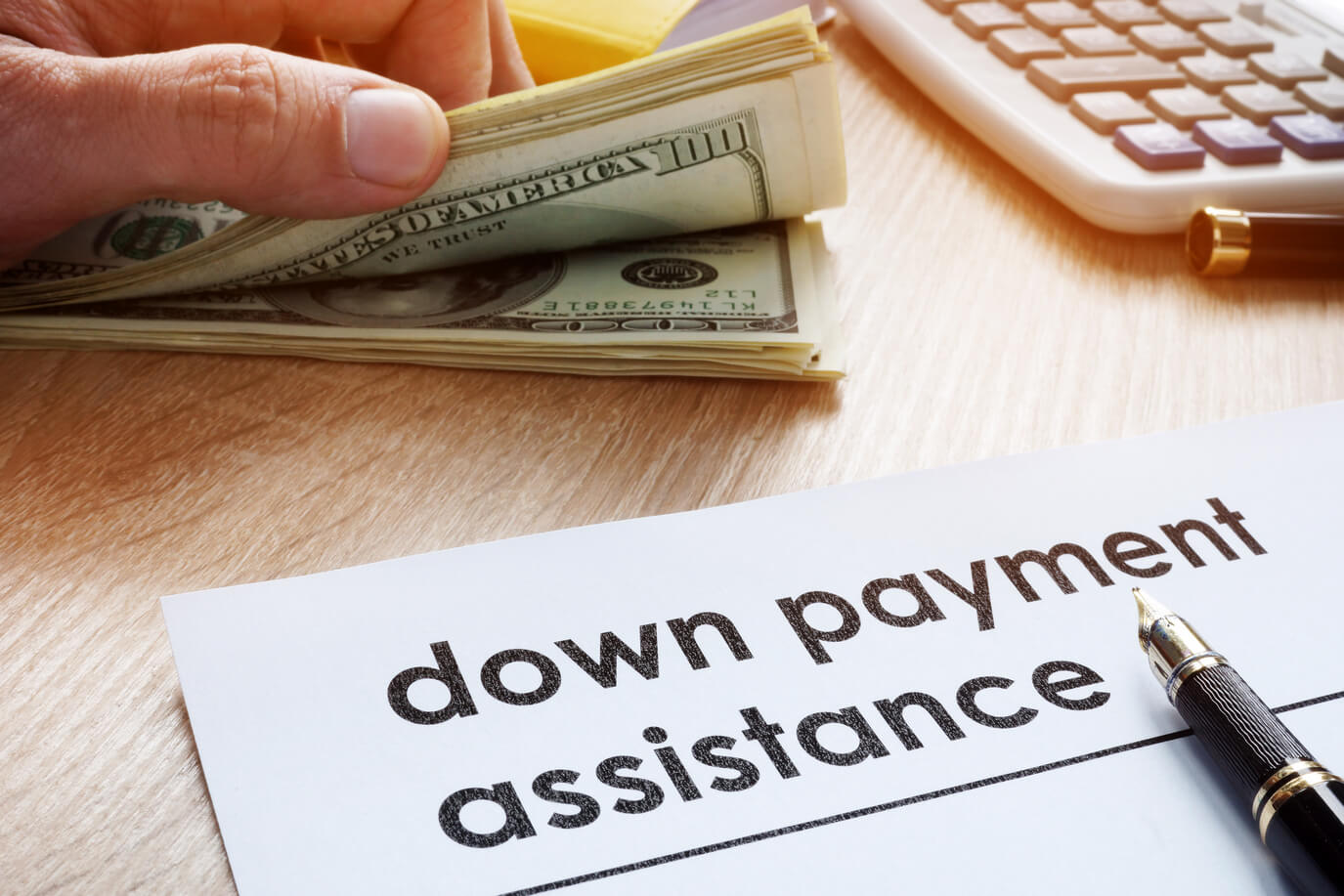
Cons of Making a Large Down Payment
The biggest downside to making a large payment is that it can significantly delay your purchase. In many areas, the cost of rent is similar to or more expensive than a monthly mortgage payment.
Saving up for a 20-percent down payment can take years of strict budgeting. During this time, the money you put toward your rent may feel wasted since it’s not being used to build equity.
The time it takes to save can also be detrimental if housing prices in your area are on the rise. In some cities and counties, a couple years can make a big difference. Depending on where you live, you may be better off buying a home now before the average price gets away from you.
Depleting your savings account can be risky, too. Everyone faces unexpected expenses at some point, and it’s especially common for new homeowners to run into costly emergencies.
Broken appliances, maintenance issues, and other problems with your new house could cost you thousands of dollars in your first year of homeownership, which is problematic if you drain your entire savings account for your down payment.
In some cases, it makes more sense to use your savings to pay off other debts than it does to make a big down payment. For example, if you have a large student loan debt, you may choose to pay that off in full instead of putting down 20 percent on your home. This will free up more of your income to put toward a monthly mortgage payment.
Sometimes, saving for a down payment can interfere with your retirement savings or other investments. You could cash in some existing investments to come up with the money for the down payment, but this isn’t always the best financial choice in the long run.
Everyone’s situation is different, so you have to consider the long-term effects of your decision.
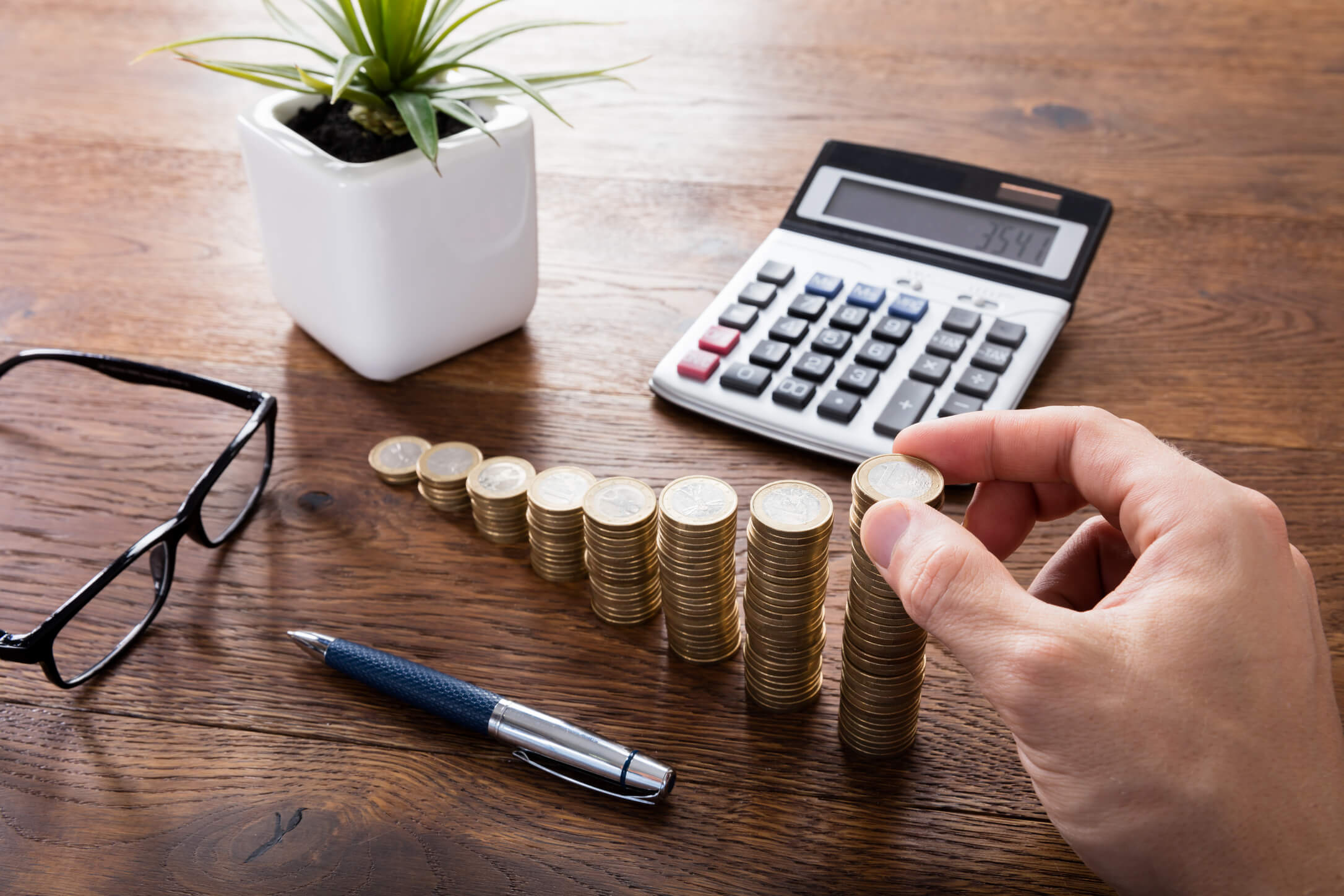
Should You Make a Large Down Payment?
There are so many variables involved in calculating the right down payment. If you have the funds, making a large down payment can reduce your monthly expenses and give you peace of mind as a homeowner. In some cases, though, putting down a smaller amount is the only feasible way to buy a home and start building equity.
Consider how long you plan to stay in your home. The benefits of a big down payment are mostly long-term, so if you expect to sell the home in a few years, it may be better to make a smaller payment.
If you plan to stay in the home for the duration of the mortgage, a big down payment could be worth the extra time it takes to save up.
The size of your down payment is ultimately a personal decision. There isn’t one option that’s perfect for everyone, so you have to look at your own financial situation to determine what’s best.
Most importantly, you should do your research, consider every possibility, and consult with trusted experts before you make your choice.
————————
Michael Carr is the Co-Founder & COO of BrandFace, LLC. He is also a real estate branding expert and international bestselling author. As America’s Top Selling Real Estate Auctioneer, he has sold billions of dollars in commercial and residential properties.





